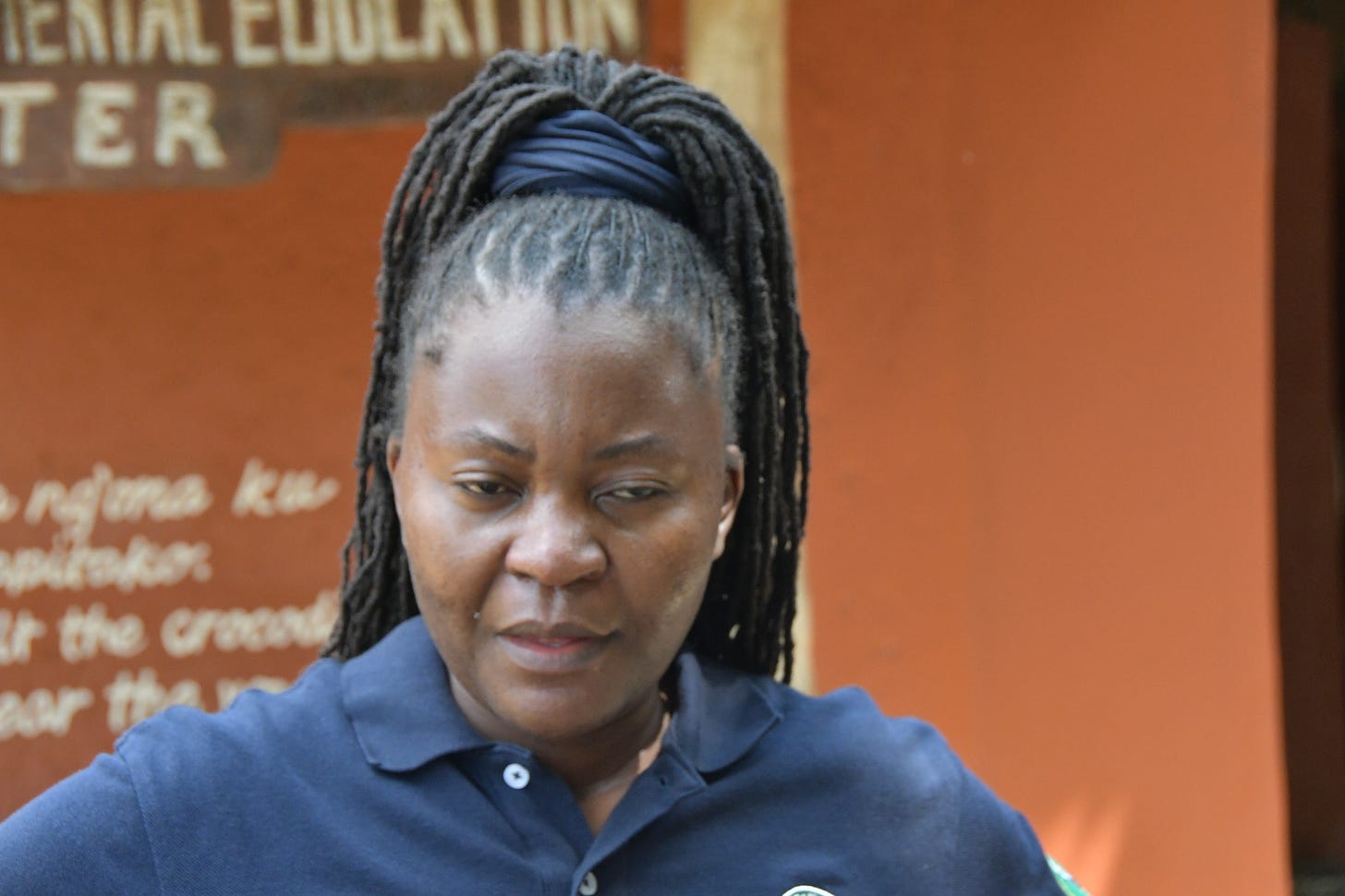Biodiversity Financing Model Lauded for Reviving Livelihoods Around Majete Game Reserve
The BIOFIN project, facilitated by the Ministry of Natural Resources and Climate Change with financial assistance from UNDP, aims to address the financing gap in biodiversity conservation efforts in M
BLANTYRE, Malawi - Experts and professionals attending the 10th Regional Dialogue on the Biodiversity Finance Initiative (BIOFIN) have commended the biodiversity financing model implemented around Majete Game Reserve in Chikwawa District for its transformative impact on local livelihoods and ecosystem restoration, writes Steven Godfrey Mkweteza.
During a field visit to the reserve on Thursday, participants praised the approach for narrowing the financial gap in the biodiversity conservation sector and improving domestic tourism, revenue collection, and community participation and ownership.
"I am very impressed indeed with this best practice around the African countries which, among others, have improved domestic tourism, revenue collection, and community participation and ownership. This rarely happens in our countries," said Abbas Kitogo, Program Environmental Specialist for the United Nations Development Program (UNDP) based in Tanzania.
While acknowledging progress in livelihood improvements, Kitogo emphasized, "There was a need for the communities to contribute more to restore the environment, reduce encroachment and poaching in a bid to regain the lost glory."
Hilton Msamali, the national coordinator for the BIOFIN project in the Ministry of Natural Resources and Climate Change, explained, "Over the years, the game site was highly plundered due to massive poaching and encroachment, which resulted in the closure of the reserve. However, we thought of coming up with various interventions to save the reserve and give the communities livelihood initiatives so that they desist from the malpractice."
"This is now a big seven game reserve that has come up with segmented price tags to allow everyone access the site and promote a culture of ownership," Msamali added.
Mphatso Msukwa, Chief Environmental Officer responsible for biodiversity, stressed, "Unless the communities were provided with the self-sustainable livelihood interventions, poaching and encroachment could resurface around the protected area."
"We still need to find other sustainable livelihood approaches to further curb the malpractice as the communities see these areas as an easy way of sustaining their livelihoods," she said.
Beston Tembo, a beneficiary, applauded the initiative, stating, "I have managed to explore other means of livelihood other than relying on poaching and encroaching the game reserve for my livelihood."
The BIOFIN project, facilitated by the Ministry of Natural Resources and Climate Change with financial assistance from UNDP, aims to address the financing gap in biodiversity conservation efforts in Malawi.



